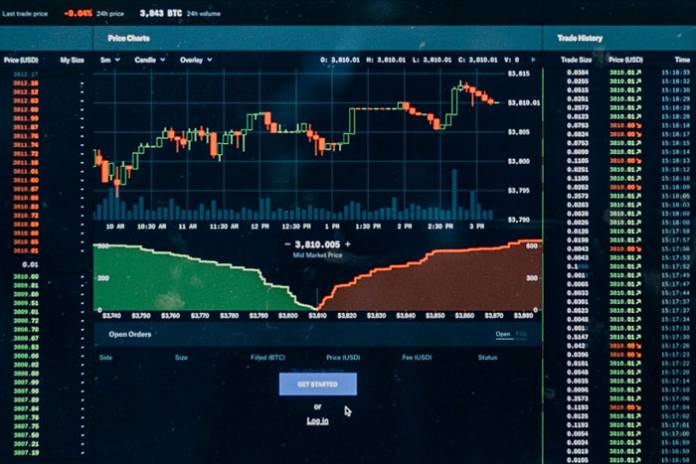
With the race to become the 46th President of the United States continuing to hot up, nationwide polls are being taken to gauge the opinion of the electorate. The findings of the most recent, trusted polls will have offered little encouragement to current incumbent Donald Trump, who is thought trail by an average of up to 10 points nationwide.
While the precise identity of the next US President remains unclear, however, one thing that is clear is that the election will have a significant impact on the financial marketplace.
We’ll appraise this further in the post below while looking at historical trends and asking how both potential outcomes would impact on various marketplaces.
Then and Now – The Impact of US Elections on the Marketplace
Let’s start with a basic assertion; as the incumbent US President has never failed to win re-election to the White House unless a recession has occurred during their time in office (since 1932, at least).
This would have been good news for Donald Trump until recently, but the sustained socio-economic impact of Covid-19 and the fact that the US slumped into a recession in June has left him fighting an uphill battle to reclaim the Presidency in November.
This came after the number of active coronavirus cases spiraled in Q2, while it also followed an economic contraction during back-to-back quarters.
However, Trump is no stranger to the impact that an election can have on the US markets, after his own success in 2016 sent shockwaves throughout the marketplace. Futures tumbled by as much as 5% on the eve of the election, for example, while Trump’s protectionist and combative style also sent the Mexican peso plunging by 12% against the USD.
At the same time, Trump’s desire to fortify US jobs and the economy initially had a negative impact on the dollar, with this asset continuing to fluctuate wildly until the following summer.
How can You Trade the Upcoming Election?
In general terms, all US markets tend to experience increased volatility in the run-up to any Presidential election, particularly USD forex pairs, indices, and commodities.
The reason for this is simple; as investors look to lock in positions before the final result is announced, using the type of trusted polls that we referenced earlier to accurately gauge public sentiment and the final outcome.
In this particular instance, a Trump win will undoubtedly see the continuation of protectionist trade policies and the continuation of the economic war with China. This will once again impact the value of the dollar and cause significant issues for exporters, providing an opportunity for investors to hedge against the greenback.
The reverse would be true under a Biden administration, which would adopt a globalist outlook to trade and trigger huge gains for the US dollar. However, this administration also favors tax increases for high-income households and increased regulations, which may have a negative impact on sentiment and encourage a more risk-averse approach.
According to Jeffrey Halley from Oanda, the market impact in 2020 may also be compounded by the failure of Congress to agree a coronavirus stimulus package before the election.
This, combined with rising unemployment as Covid-19 continues to take hold, could well create further market disruption ahead of the 2020 election vote.











